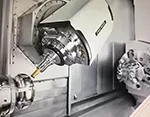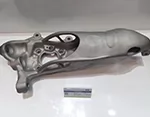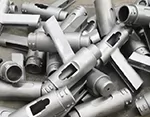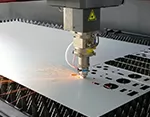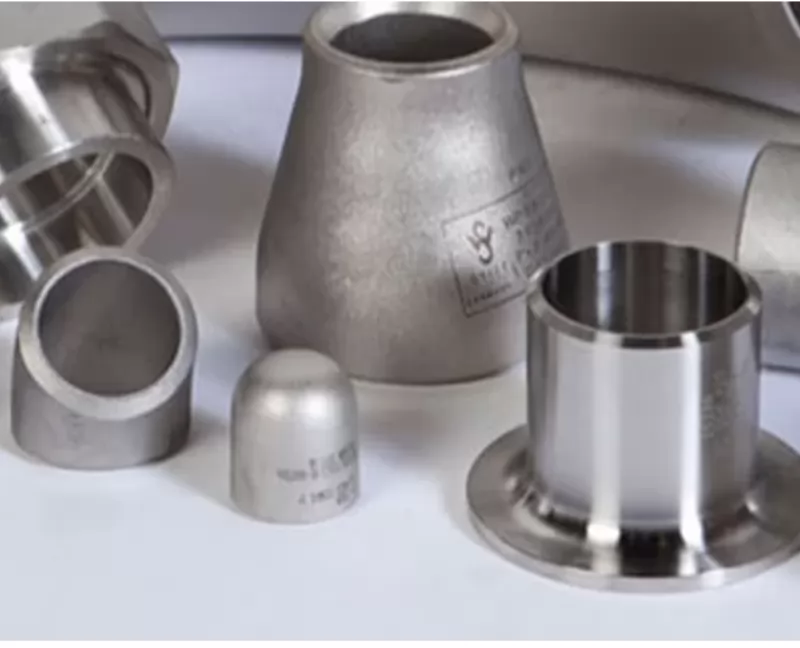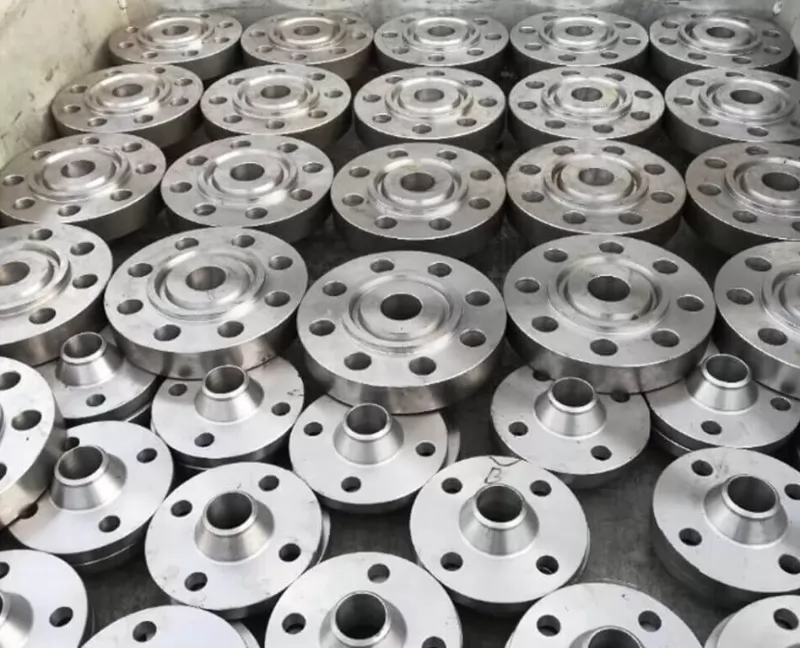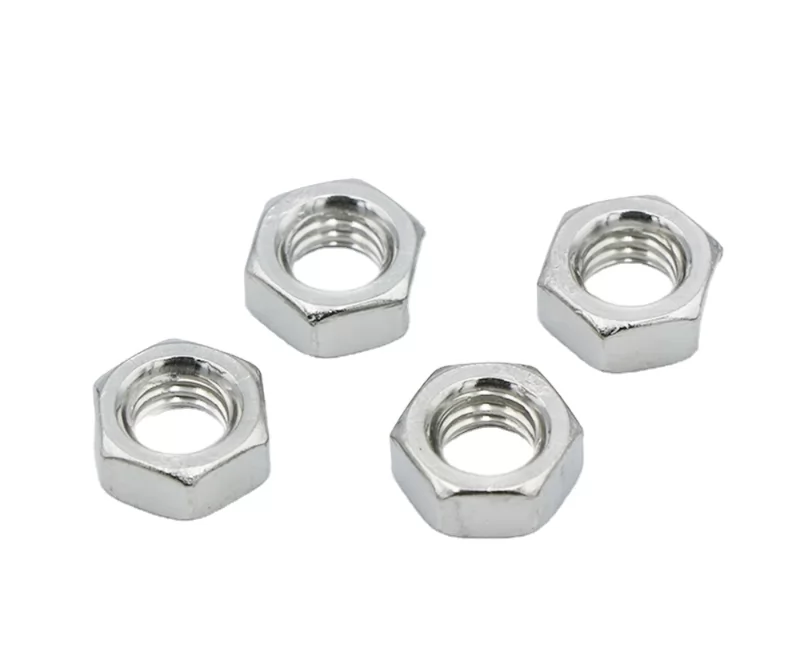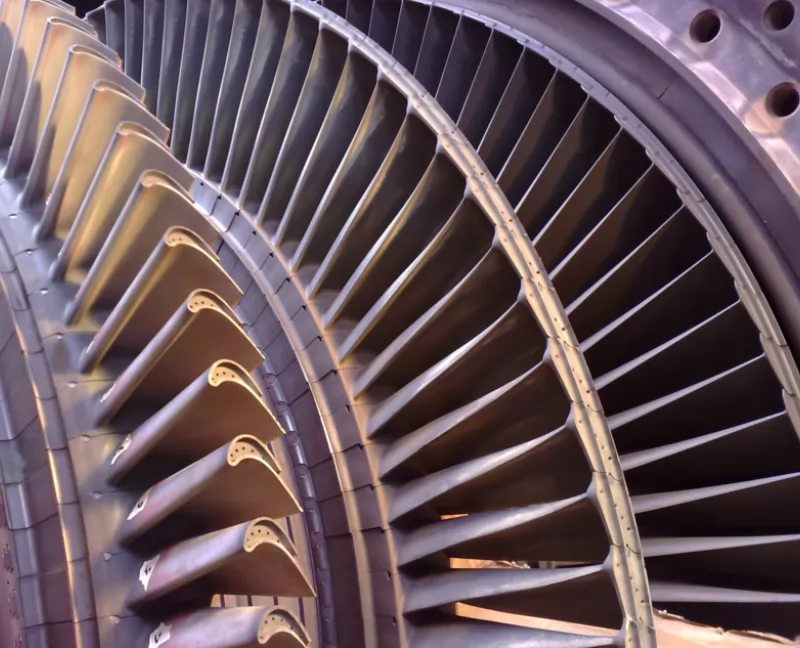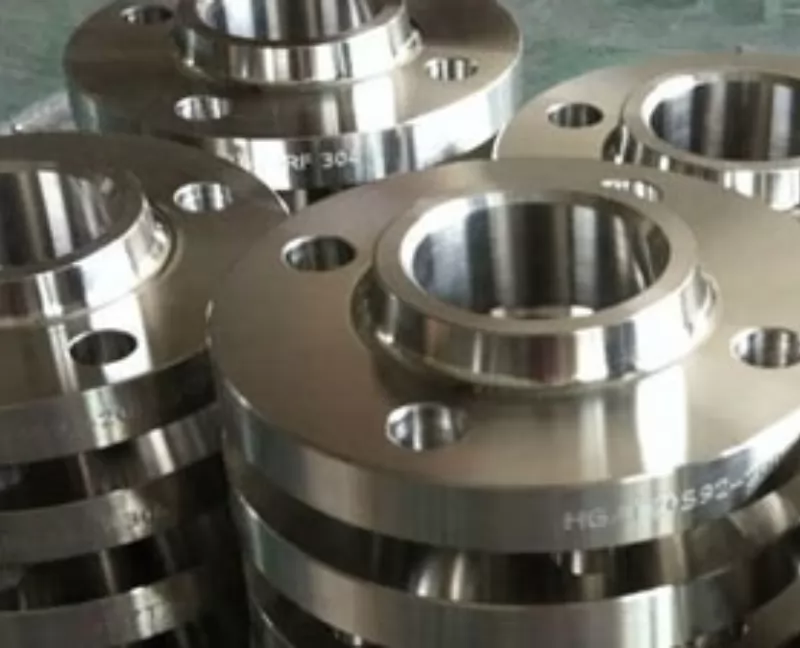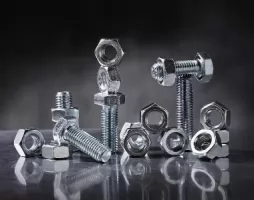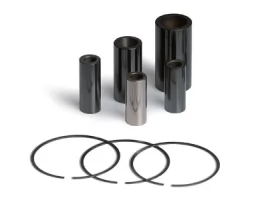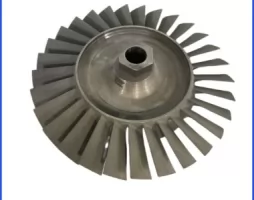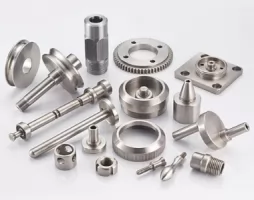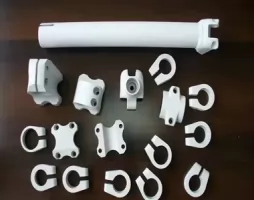-
Service
+
- CNC Precision Machining Service +
- Multi-Axis Simultaneous Machining Service +
- CNC Turning Service +
- Metal 3D Printing Service +
- Rapid Prototyping Service +
- Die Casting Service +
- Sheet Metal Fabrication Service +
-
Finish Serivces
+
- Polishing
- Grinding
- Brushed Finish
- Sand blasting
- Painting
- Powder Painting
- Anodizing
- Hard anodizing Service
- Passivation
- Zinc Plating
- Nickel Plating
- Chrome Plating
- Blackening
- Black Zinc Plating
- Teflon Coating
- Titanium Coating
- DLC Coating
- Laser Marking
- Silk Screen Printing
- Transfer Printing
- Micro Arc Oxidation
- Industries +
- About Us +
- Resource +
- Contact Us
- Quote

-
Service
-
>
-
>
-
>
-
>
-
>
-
>
-
>
-
>
-
- Industries
- About Us
- Resource
- Contact Us
The challenges encountered when CNC machining Haynes alloys and the various applications where they truly shine. Unveil the secrets to effectively working with these high-performance materials.
HAYNES 188 alloy (UNS R30188) is a cobalt-nickel-chromium-tungsten alloy that combines excellent high-temperature strength with very good resistance to oxidizing environments up to 2000°F (1095°C) for prolonged exposures, and excellent resistance to sulfate deposit hot corrosion. It is readily fabricated and formed by conventional techniques, and has been used for cast component. Other attractive features include excellent resistance to molten chloride salts, and good resistance to gaseous sulfidation.
HAYNES 188 alloy has good forming and welding characteristics. It may be forged or other hot-worked, providing that it is held at 2150°F (1175°C) for a time sufficient to bring the entire piece to temperature. As a consequence of its good ductility, 188 alloy is also readily formed by cold working. The alloy does work-harden rapidly, however, so frequent intermediate annealing treatments may be needed for complex component forming operations. All hot- or cold- worked parts should be annealed and rapidly cooled in order to restore the best balance of properties.
The alloy can be welded by both manual and automatic welding methods, including gas tungsten arc (TIG), gas metal arc (MIG), electron beam and resistance welding. It exhibits good restraint welding characteristics.
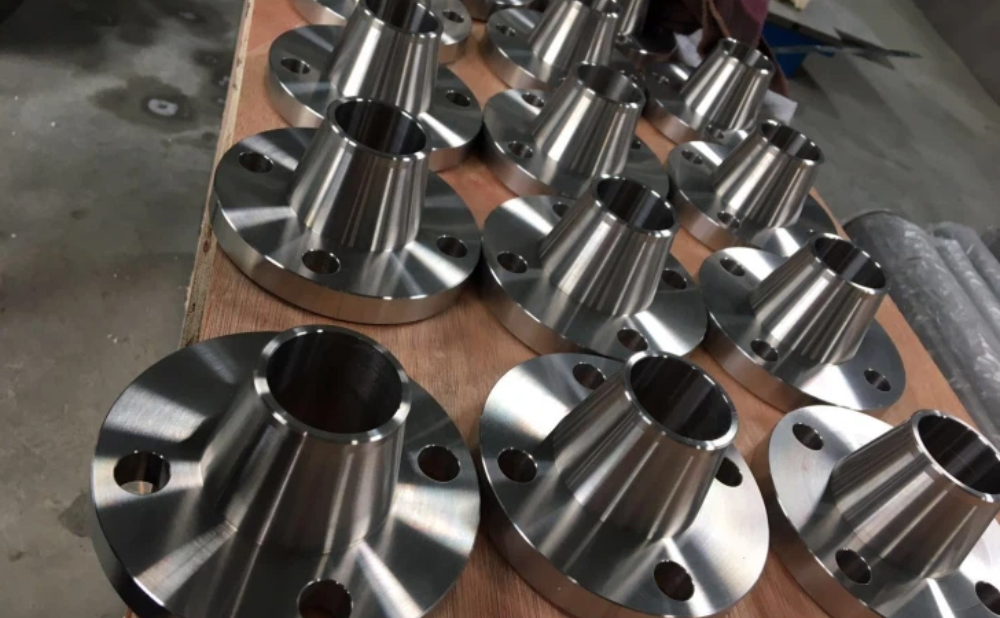
Heat Treatment
Wrought HAYNES 188 alloy is furnished in the solution heat treated condition, unless otherwise specified. The alloy is normally solution heat-treated at 2125-2175°F (1163-1191°C) and rapidly cooled or water quenched for optimal properties.
Annealing at temperatures less than the solution heat-treating temperature will produce some carbide precipitation in alloy 188, which may affect the alloy’s properties.
Challenges in CNC Machining Haynes Alloys
Work Hardening
One of the main challenges in CNC machining Haynes alloys is their tendency to work harden during the cutting process.
Tool Wear and Breakage: Work hardening can lead to excessive tool wear and even breakage if not managed properly.
Strategies to Minimize Work Hardening: Using sharp tools, low cutting forces, and proper coolant can help reduce work hardening.
Machining Temperature
High temperatures generated during machining can be detrimental to both the workpiece and cutting tools.
Controlling Heat Generation: Optimize cutting parameters to keep heat generation within manageable levels.
Effective Cooling Methods: Use high-pressure coolant systems or air blast cooling to dissipate heat efficiently.
Material Removal Rate
Balancing material removal rate (MRR) with part quality and tool life is essential when CNC machining Haynes alloys.
Balancing Speed and Quality: Adjust cutting parameters to optimally balance speed, quality, and tool life.
Selecting the Right Tools: Use tools designed specifically for machining Haynes alloys to maximize productivity and achieve desired results.
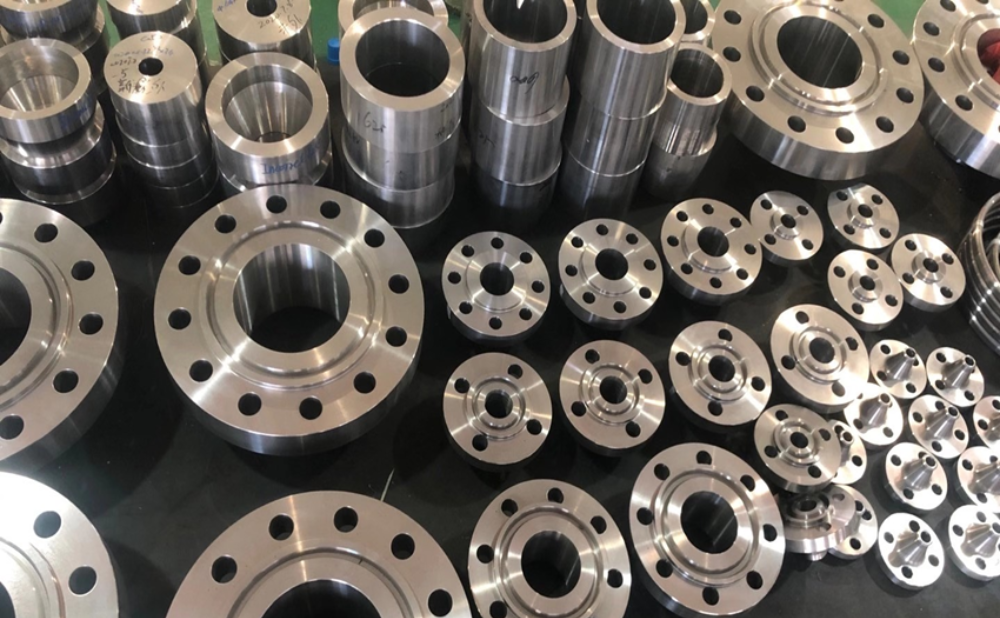
Applications
Aerospace Industry
Haynes alloys are widely used in aerospace due to their excellent high-temperature properties.
Jet Engines: Components like turbine blades and combustion chambers are made from Haynes alloys.
Gas Turbines: Haynes alloys find applications in stationary gas turbines, ensuring reliable performance.
Heat Exchangers: Their corrosion and oxidation resistance make them ideal for heat exchanger applications.
Automotive Industry
The automotive industry benefits from the use of Haynes alloys in high-performance parts.
Exhaust Systems: Haynes alloys are used in high-performance exhaust systems for their temperature and corrosion resistance.
Turbocharger Components: Turbocharger housings and impellers made from Haynes alloys can endure high temperatures and pressures.
High-Performance Parts: Performance-oriented components, such as pistons and connecting rods, utilize Haynes alloys for their strength and durability.
Energy Industry
Haynes alloys play a crucial role in the energy industry and are used in various applications.
Solar Power Systems: These alloys are used in components of concentrated solar power systems, such as receivers and heat exchangers.
Wind Turbines: Haynes alloys are utilized in gearbox components to ensure reliable operation in harsh environments.
Fossil Fuel Power Plants: Their excellent high-temperature properties make them suitable for boiler and turbine components.
Chemical and Petrochemical Industries
Haynes alloys are also widely used in the chemical and petrochemical industries due to their corrosion resistance.
Reactors and Heat Exchangers: These alloys are employed in reactors and heat exchangers that operate in corrosive environments.
Valves and Pumps: Haynes alloys are used in the manufacturing of valves and pumps that handle aggressive chemicals.
Piping Systems: Their corrosion resistance makes them suitable for piping systems exposed to corrosive substances.
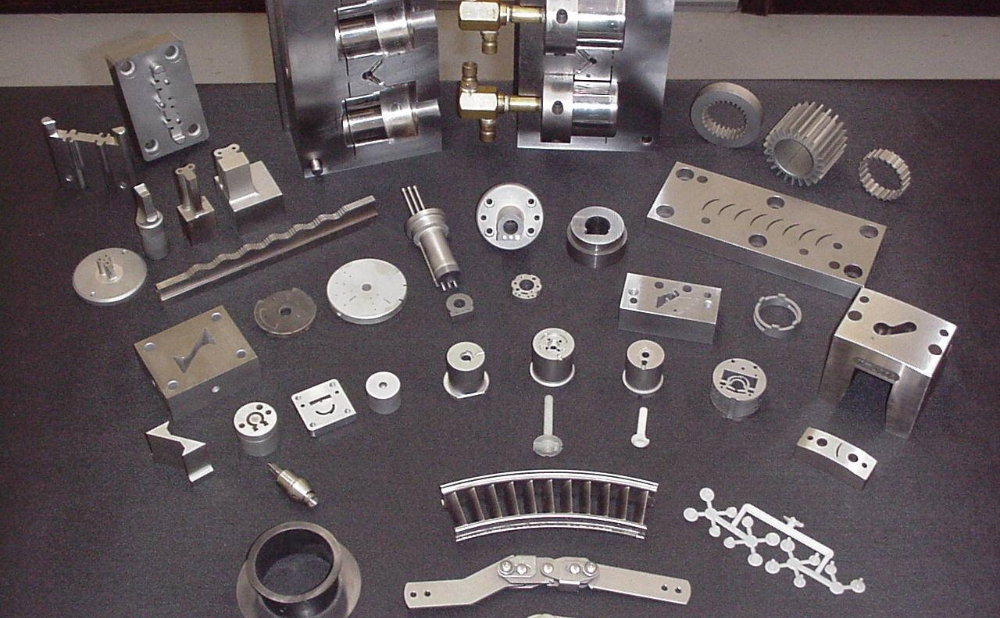
Contact:
Email: Diana@kesugroup.com
WhatsApp: +86 134 2483 1067
Our engineer team are ready for your projects and provide feedback quickly.

